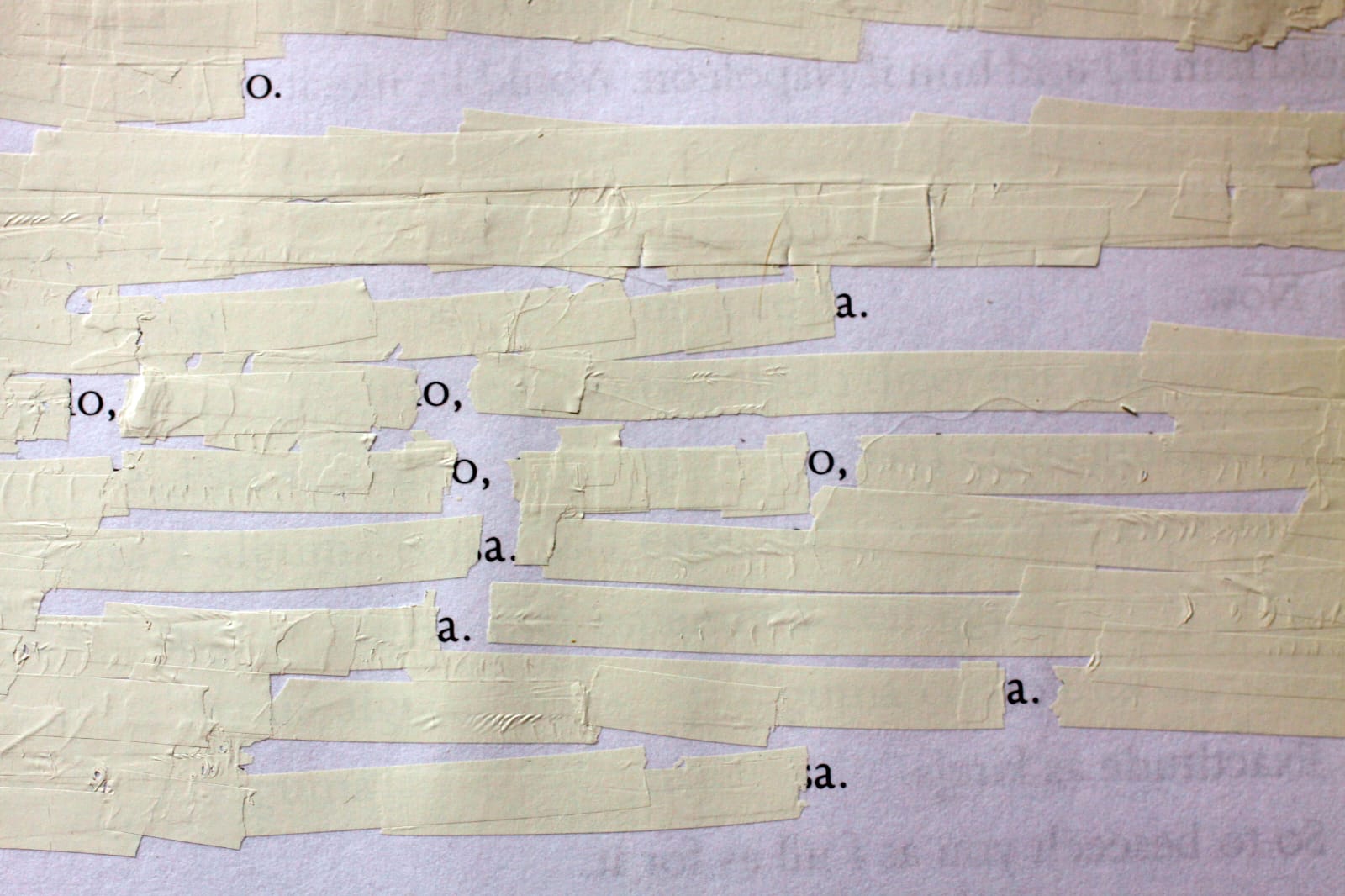Os contornos do argumento para uma defesa da individuação como intrinsecamente situada
Main Article Content
Abstract
This article aims to briefly present the conceptual framework used to defend the thesis of individuation as intrinsically situated. The proposal is thought of as a response to the antagonism between grains and non-grains, based on the contrast between the Object-Oriented Ontology (OOO) - the grain - elaborated by Graham Harman, and Gilbert Simondon's proposal of individuation as a process - the non-grain. The intuition is that there are tacit points of proximity, but that they are clearly shown when we turn to the sphere of technology, in the OOO-based approach elaborated by Tessa Leach and in Simondon's analysis of the mode of existence of technical objects. From a stereoscopic analysis inspired by Tristán Garcia, plus the adoption of Whitehedian Importance as an ontological criterion, it can be seen that the question about individuation concerns a reflection on the referential of measurement. In this sense, we will come to the conclusion that the point of contact between the various possible conceptions of individuation, above all grain and non-grain, will be given through an appeal to the situation, to experience as a localized event, given, according to Whitehead, from "here" and a "now", as locus standi.
Downloads
Article Details

This work is licensed under a Creative Commons Attribution-NonCommercial 4.0 International License.
Authors who publish in this journal agree to the following terms:
Authors maintain the copyright and grant the journal the right of first publication, the work being simultaneously licensed under the Creative Commons Attribution License which allows the sharing of the work with recognition of the authorship of the work and initial publication in this journal.
Authors are authorized to take additional contracts separately, for non-exclusive distribution of the version of the work published in this journal (eg publish in institutional repository or as a book chapter), with acknowledgment of authorship and initial publication in this journal.
Authors are allowed and encouraged to publish and distribute their work online (eg in institutional repositories or on their personal page) at any point before or during the editorial process, as this can generate productive changes as well as increase the impact and the citation of the published work.
References
ARISTÓTELES. Metafísica. (MET). 2a Edição. São Paulo: Loyola, 2005.
_____________. Organon: Categorias e Periérmeneia. Primeiro Volume. Lisboa: Guimarães Editores, 1985.
BARNES, Jonathan. Metafísica. in: Aristóteles. BARNES, Jonathan (Org). Aparecida/SP: Ideias e Letras Editora. p. 103-153, 2009.
BENSUSAN, H; ALVES DE FREITAS, J.. A Diáspora da Agência. Salvador: EdUFBA, 2018.
BENSUSAN, H. Indexicalism: realism and the metaphysics of paradox. Edinburgh/UK: Edinburgh University Press, 2021.
______________. O Realismo Especulativo e a Metafísica dos Outros. Rio de Janeiro: Revista Dossiê- UFRJ, V. 21, nº 2, 2018.
BRASSIER, R. Nihil Unbound: Enlightenment and Extinction. London: Palgrave Macmillan, 2007.
_______________. Post: Harman e Garcia in: http:anarchai.blogspot.com 2019.
COMBES, M. Simondon: una filosofia de lo transindividual. Buenos Aires: Cactus, 2017.
DELEUZE, Gilles. A Dobra: Leibniz e o Barroco. 6a Edição. Campinas: Papirus, 2011.
_______________. O indivíduo e sua gênese físico-biológica. In: A ilha deserta: e outros textos. São Paulo: Perspectiva, 2006. p.117-121.
GARCIA, T. Form and Object: A Treatise on Things. Edinburgh/UK: Edinburgh University Press, 2014
GRANT. I. Philosophies of Nature after Schelling. London/UK: Continuum, 2006.
HARMAN, G. Immaterialism, Cambridge/UK: Polite Press, 2016.
___________. Object Oriented Ontology: a new theory of everything. UK: Peguin Book, 2017.
___________. Speculative Realism: An Introduction. Cambridge: Polity Press, 2018.
___________. The Quadruple Object. Londres: Zero Books, 2011.
HEIDEGGER, M. Ensaios e conferências. Trad. Emmanuel Carneiro Leão, Gilvan Fogel e Márcia Sá Cavalcante Schuback. Petrópolis: Vozes, 2002.
HUSSERL, E. Meditações cartesianas. Tradução de Frank de Oliveira. São Paulo: Madras, 2001.
KIRNER, C & TORI, R (eds.). Realidade Virtual: Conceitos e Tendências - Livro do Pré-Simpósio SVR 2004, Cap. 11, p. 179-201. Mania de Livro, São Paulo, 2004.
LATOUR, B. The pasteurization of France. Massachusetts: Harvard University Press, 1988.
LEACH, T. Machine Sensation: Anthropomorphism and 'Natural' Interaction with Nonhumans, London/UK: Open Humanities Press, 2020
LEIBNIZ, G. W. Correspondência con Arnauld. Buenos Aires: Losada, 2004.
_____________. Discurso de Metafísica e outros textos. São Paulo: Martins Fontes, 2004.
_____________. Ensaios de Teodicéia sobre a bondade de Deus, Liberdade do homem e a origem do mal. São Paulo: Estação Liberdade, 2013.
_____________. Obras filosóficas y científicas 2 – Metafísica, tradução de María Jesús Soto-Bruna. Gonzáles, A. L. (ed.), Granada: Comares, 2010.
_____________. Monadologia in: Discurso de Metafísica e Outros Textos, Tradução de Alexandre da Cruz Bonilha, São Paulo: Martins Fontes, 2004.
MEILLASSOUX, Q. After finitude: an essay on the necessity of contingency. London/UK: Continuum, 2010.
SIMONDON, G; A individuação à luz das noções de forma e de informação. São Paulo: Editora 34, 2020.
_____________; Do modo de existência dos objetos técnicos. Rio de Janeiro: Contraponto, 2020.
TARDE, Gabriel. Monadologia e Sociologia. Petrópolis: Vozes Editora, 2003.
TSING, A. Viver nas ruínas: paisagens multiespécies no antropoceno. Brasília: IEB Mil Folhas, 2019.
VIVEIROS DE CASTRO, Perspectivismo e Multinaturalismo na América Indígena in: A inconstância da alma selvagem - e outros ensaios de antropologia. São Paulo: 2002.
WHITEHEAD, A. Processo e Realidade – Ensaio de Cosmologia. Lisboa: Centro de Filosofia da Universidade de Lisboa, 2010.
_______________. O Conceito de Natureza. São Paulo: Martins Fontes, 1994.
_______________. Modos de pensamiento. Buenos Aires/AR: Losada, 1944.

